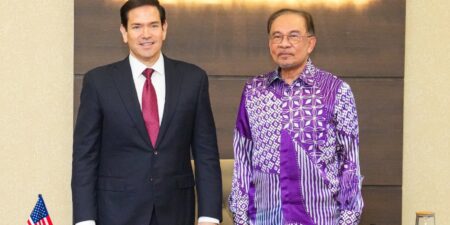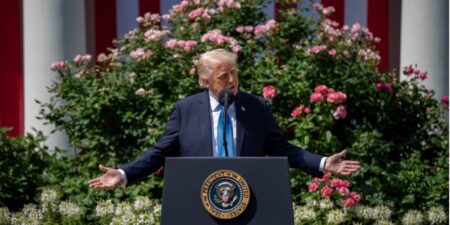
Korea’s 2025 Political-Economic Outlook Divided

Insights & News


Malaysia Tariff Tracker | July 10, 2025
The BGA Malaysia Team, led by Senior Director Sadiq Noor Azlan, wrote an update to …

Angola Navigates Commodity Dependence and Diversification Challenges
WHAT YOU NEED TO KNOW ON THE HORIZON Angola Market Overview and Forecast Political Climate …

Indo-Pacific Recoils From New US Tariff Announcements
The BGA Global Trade and Economics Team, led by Managing Director Nydia Ngiow, wrote an …
At BowerGroupAsia, we are committed to
delivering result-oriented solutions for our clients
We have proven track record of helping the world’s top companies seize opportunities and manage challenges across the dynamic Indo-Pacific region.




















